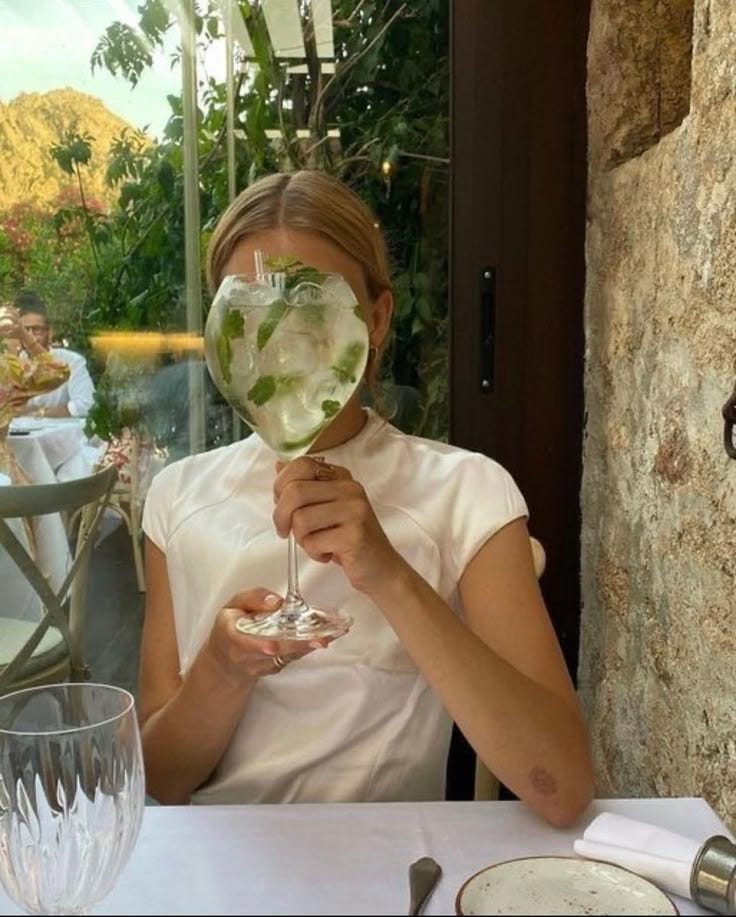Last week, Grace and I demolished half-priced bottles of wine at 5PM on a workday (thank you happy hour). Over her fourth glass of what I'm pretty sure was grocery store Pinot Grigio, she finally let it slip. Her six-year relationship was over.
It caught me completely off guard. Grace had the kind of stability most people spend their twenties desperately seeking - not just in her relationship, but in herself. She was the friend who never centered her entire identity around having a boyfriend, who actually had hobbies that weren't just whatever he was interested in. She seemed so put together that I honestly didn’t think she was capable of falling apart.
With her cheeks flushed from wine and vulnerability, she told me she couldn't ever imagine loving someone more.
My first instinct was to tell her she was "too good for him" or how she'd "definitely find someone better." But the words felt fake. Because here's what modern rom-coms don't tell you: sometimes it's nobody's fault when it ends. Sometimes you just lose the person you were convinced you'd spend the rest of your life with.
So where does that love go?
At first glance, the answer is easy. You can start to “focus on yourself" and "give yourself the love you deserve." But that implies you were lacking something during the relationship. Watching Grace describe her six years with him; the Sunday farmers market rituals, how he'd text her every time he saw her lucky number, the way they'd argue about movies, it sounded pretty damn great.
"I just want to give love and it makes me happy to do so," she confided, "but what if that was it? What if I hit my maximum?"
And there it was. Grace is a relationship person through and through, the kind who enjoys a couple's Halloween costume and joint bank accounts. How do you tell someone like that to move on from what genuinely could have been the one?
That's when I started thinking about my own romantic history. Here's what I discovered: love isn't about capacity. It's about evolution.
I'm certain I loved my first boyfriend to the same maximum capacity as my last. But the most recent one feels so much more significant because of how I've grown and evolved. My surface area for love stayed the same, but it completely rearranged itself –the expectations, the needs, how it all felt—shifted into something entirely new.
So Grace is right. She'll never love someone the way she loved her ex. But here's the thing: she won't want to. As she grows and changes, her definition of love will evolve alongside her. Her next relationship will feel completely new because how that surface area for love manifests will look different.
I think about my friend Olivia, who says her current boyfriend doesn't give her the same butterflies as her ex. But she also doesn't cry herself to sleep wondering if he actually likes her, which seems like a reasonable trade-off. Or my cousin, whose husband doesn't nerd out about books like she does. But he’s always on time for dinners and makes an effort to read poetry.
Here's what I've come to believe: you need both a strong desire for alignment and a strong ability to accept something for what it was. Grace's love was real and worthy of respect. She’s allowed to miss farmers markets and lucky number texts. But she can't allow that to define what her next love looks like.
The secret isn't learning to love less. It's learning to want things something different.
As I helped Grace finish the last of our questionable wine, I realized what to tell her. The happiest version of herself won’t be the one who loved the hardest, but the one who loves the smartest.



Who let you spit bars like this Steph wow. Powerful stuff
Very insightful 😃